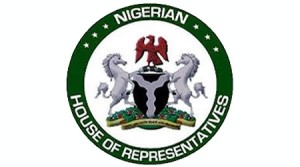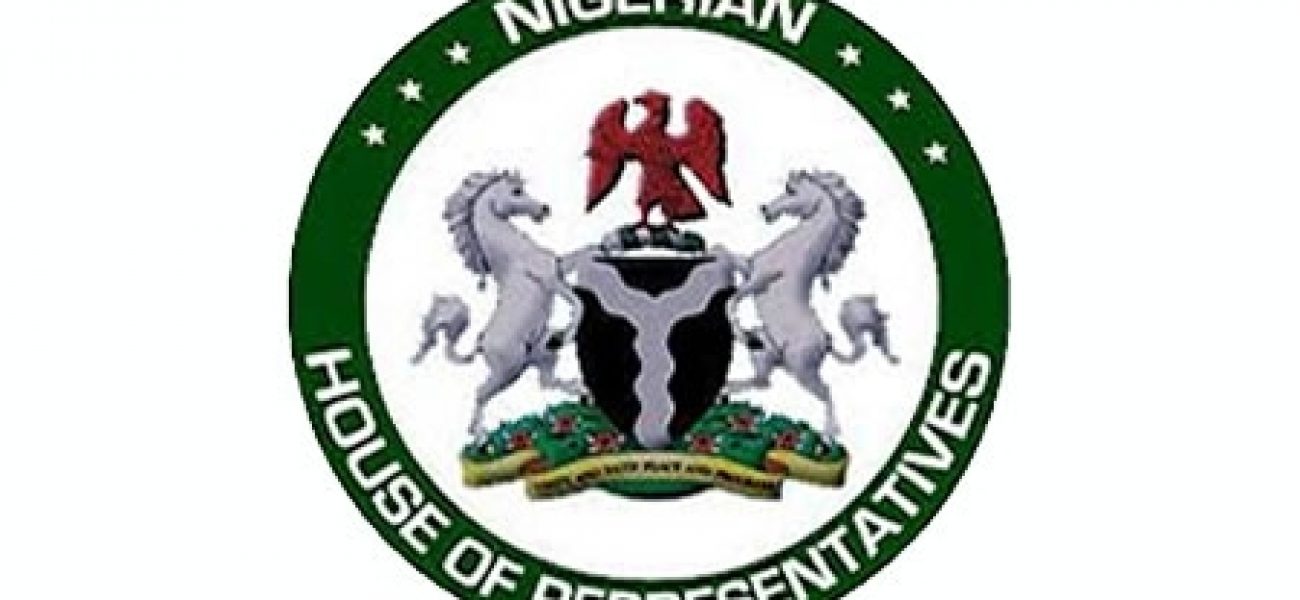 There are great expectations on Nigeria’s recently inaugurated 8th Assembly. Ushered in against the mantra of change, it is the first time in 16 years, that the All Progressive Congress has produced majority lawmakers in both chambers.
There are great expectations on Nigeria’s recently inaugurated 8th Assembly. Ushered in against the mantra of change, it is the first time in 16 years, that the All Progressive Congress has produced majority lawmakers in both chambers.
In the 7th Assembly, former Speaker, RT. Hon Aminu Waziri Tambuwal spearheaded the legislative process with an agenda that sought to reposition the House of Representatives as an effective, people centred and representative institution. In seeking to achieve this goal for instance, it embarked on wide constitutional and electoral reform and positioned its management and legislative committees towards adequacy and improved productivity.
Priority legislation and people centred legislation were also prioritised leading to the Pension Reform Bill, 2015, National Health Bill, 2014, Administration of Criminal Justice Bill, 2015 and Violence against Persons Prohibition Bill, 2015 being passed into law.
However, if the 8th Assembly seeks to build on these successes, it has been identified that its legislative agenda must encourage more synergy between the two legislative houses to aid in the facilitation of bills that are beneficial to Nigeria’s socio- economic growth and prioritise the passage of bills that are purposive, responsive and inclusive.
The legislative chambers in the 8th Assembly can foster such relationships for instance by having regular consultations to aid their co-ordination process to ensure the timely passage of bills. It will be recalled that the 7th Assembly was widely criticised for its passage of 46 and 14 bills at the Senate and the House of Representatives respectively at one sitting at the tail end of its Assembly. It may also undertake to review legislation that were introduced in past Assemblies but have neither been passed nor received Presidential assent for one reason or the other.
In this regard, it will be useful for the 8th Assembly to review the Petroleum Industry Bill (PIB) and the establishment of an Independent National Budget and Research Office Bill (NABRO) in addition to the constitutional amendments that were passed by the 7th Assembly. The NABRO Bill in particular has suffered setbacks in the 6th and 7th Assembly, as it did not receive Presidential assent after passage despite its acclaimed importance to Nigeria’s budget process.
More engagement between the National Assembly and the Executive within the confines of separation of powers is also recommended. For instance, although the President of the Senate and the Speaker of the House of Representatives in their acceptance speech have pledged legislative measures that would reduce unemployment, endemic corruption, tackle the electricity and energy crisis and prioritise the rehabilitation of internally displaced persons among others, such goodwill can only be translated into legislative gains by co-operating with the executive arm of Government that is responsible for its enforcement.
Linked to this, the 8th Assembly must prioritise its partnerships with civil society organisations as they play an important role in engaging with elected representatives and establishing a healthy nexus between the legislature and executive. Furthermore, as civil society is often in possession of relevant data and information, a closer collaboration would increase the National Assembly’s impact on the public.
Lastly, if the Assembly seeks to distinguish itself, it must embrace the wider use of ICT as a means of conducting legislative activities and engendering access, transparency and accountability. In this regard, an E-Parliament and E-voting system should be a regular feature of each House.
Although the Senate and the House have expressed a desire to adopt Legislative Agendas that are in line with the aspirations of the people; it is hoped that the recess will avail members of the time to studiously deliberate on their documents to meet the earnest expectations of Nigerians.

